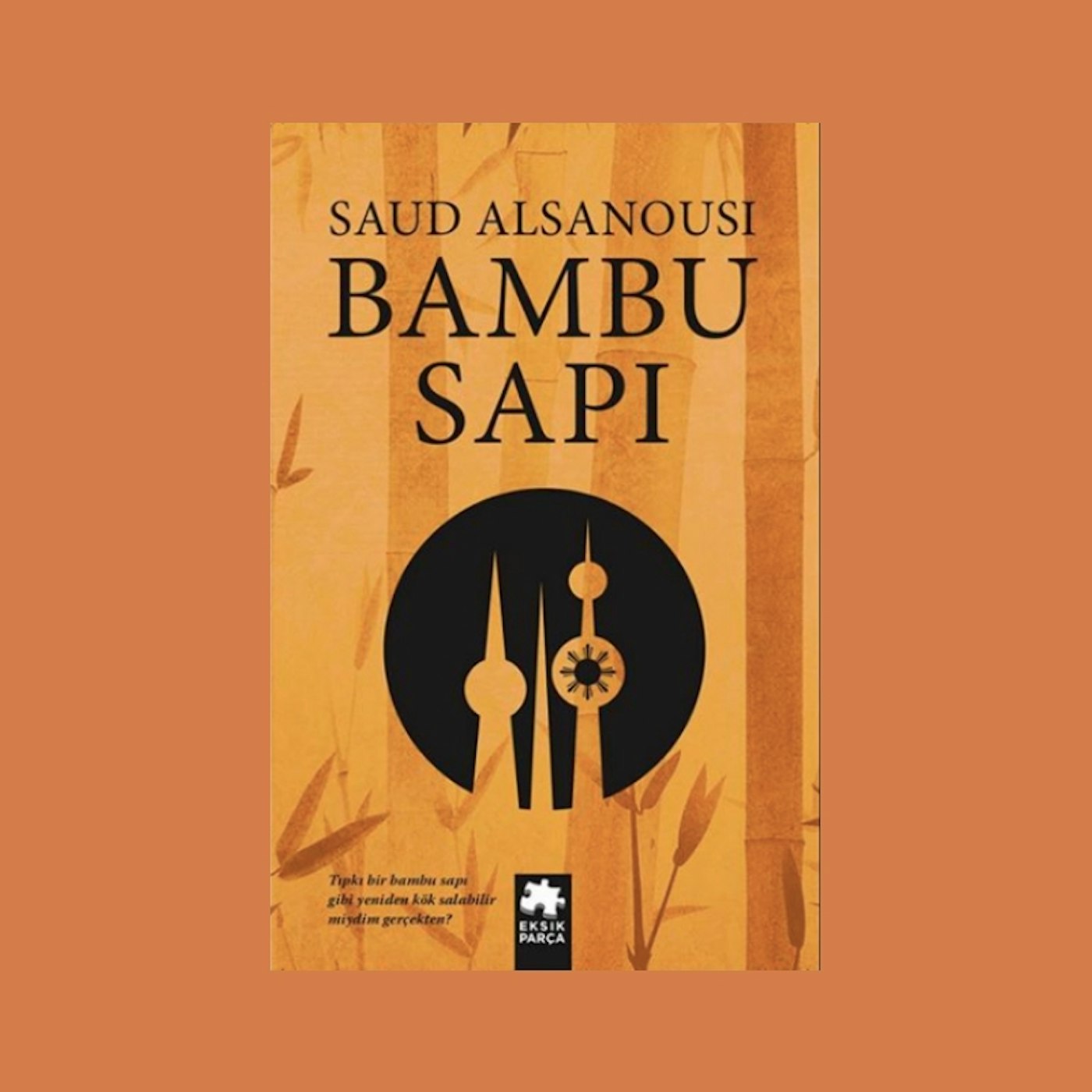Book Review of the Bamboo Stalk: Giving a Voice to the Unheard
by K.T. Lynn in Culture & Lifestyle on 1st February, 2019

Josephine Mendoza escapes poverty by coming to Kuwait from the Philippines to work as a maid, where she meets Rashid, an idealistic only son with literary aspirations. Josephine believes she has found true love, until she becomes pregnant. Rashid bows to family and social pressure, and sends her back home with her baby son, José.
The novel as antidote for Instagram fashion blogger news >> the Kuwaiti writer Said Alsanousi's second book, The Bamboo Stalk, explores the indentured servitude of Phillipino workers in the Gulf and notions of identity and citizenship in Kuwait.https://t.co/8rIxSrxTc7
— Azadeh Moaveni (@AzadehMoaveni) July 24, 2018
Brought up struggling with his dual identity and family issues, José fantasizes about returning to his father’s country when he is eighteen. However, when that day comes, he is ill-prepared to plunge headfirst into a world where the fear of tyrants and dictators is nothing compared to the fear of ‘what will people say.’ With a Filipino face, a Kuwaiti passport, an Arab surname and a Christian first name, José seeks out his father’s family. His return plunges him into an unfamiliar world built on societal norms that distance him from his relatives and leave little room for those who are “in-between”. The Bamboo Stalk takes an unflinching look at the lives of foreign workers in Arab countries and confronts the universal problems of identity, race and religion.
The Bamboo Stalk: Giving a Voice to the Unheard
My last week in Saudi Arabia, I shopped in between ma’salaama gatherings in an attempt to stave off any unpleasant emotions. Leaving Saudi Arabia was long overdue, but after six years in the Kingdom it felt a bit odd to say goodbye. The Bamboo Stalk was an impulse purchase from Jarir, Saudi‘s version of Barnes and Noble. It was packed away and shipped to Shanghai, and I didn’t give the International Prize for Arabic Fiction winner another thought, until it arrived in China six months later.
I spent the majority of a Saturday morning revising my novel, incorporating some feedback from recent queries, when I spotted The Bamboo Stalk peeking out from a stack of paperbacks. When I read the back cover copy, I knew that this was a book I had to read immediately. Since my novel carries similar themes to The Bamboo Stalk, I knew that it might be just the inspiration I needed. And I was right.
The Bamboo Stalk is an enthralling narrative, the story of a half-Filipino, half-Kuwaiti teen moves from an impoverished life in the Philippines to the “paradise” of his father’s Kuwait. Although set in Kuwait, The Bamboo Stalk’s main conflict centers on festering sore of an issue in the Gulf — the mistreatment of migrant labor. Although this story’s setting is in Kuwait, much of the systemic prejudice represented in the book rings true for other Gulf states, including Saudi Arabia.
While living in Saudi Arabia, I witnessed specific nuances of societal norms built on prejudice. For example, it is a common practice for companies to pay a salary based on nationality, not a job title. Even within professional positions such as medicine or engineering, individual experience or education does not affect salary as much as nationality. Many will argue that it is based on currency. A common defense of this system is “We pay them much more than they would ever earn in their country!”
Whether or not this is true, it doesn’t negate the fact that assigning different values to each nationality creates problems. Although there are many instances of generous and kind employers in Saudi, many labor workers are mistreated, some even raped or assaulted. In these systems of classification, the nationalities with “lower value” are left without a support system and are extremely vulnerable populations.
Changing the law requires a change in perception. These cultural intricacies have been embedded in Gulf society for some time, which means that not everyone believes in change. This past year, a Kuwaiti social media star made public complaints about changes to the country’s kafala system. These laws give Filipino migrant workers the right to days off and to keep control of their own passports. Sondos Alqattan, a beauty influencer spoke out against these changes, citing the risk involved for her should a maid be able to “runaway”. Her comments highlight the reality of workers within the Gulf existing as commodities that can be bought, sold, and owned.
Jose’s and Josephine’s tale is, unfortunately, a common one. In the Gulf, many maids are sent back to their home country for involvement (whether consensual or not) with a male employer. Many of these women give birth to children that are not accepted by either side of the family, cutting them off from necessary support and love. This isn’t limited to migrant workers. There are many Gulf nationals that father children in and out of wedlock abroad, only for them to abandon their children to save face in their communities.
The Bamboo Stalk is a daring work, one that aims to highlight aspects of Gulf society with the nuance and delicate touch of an insider, while raising the concerns of the many unheard voices that call the Gulf their home.
K.T. Lynn
K.T is an American revert to Islam at the age of 22. I exist mainly in what people view as contradictions. She is a corporate writer/editor by day and a novelist by night. She is a Zumba instructor, PADI certified scuba diver, Toastmaster, and coffee addict. An enthusiastic dabbler, she frequently practices yoga, kayaking, hiking, and 5 K run's. Follow her journey on ktlynn.com.